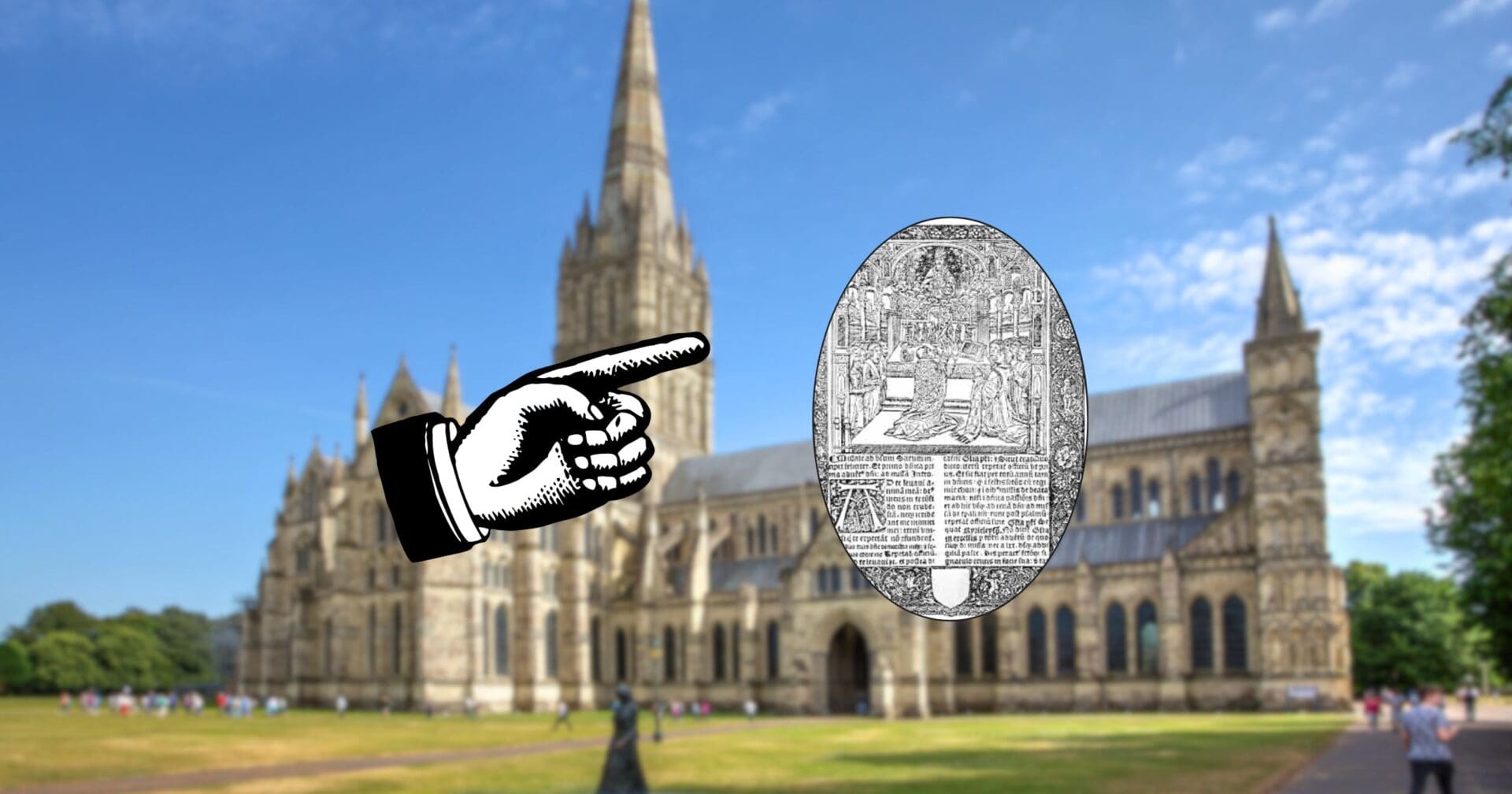The Sarum Rite, a unique and ancient liturgical tradition, holds a special place in the hearts of many across various Christian denominations. Originating from the Salisbury Cathedral in the 11th century, this rite has woven its way through history, impacting not just the Roman Catholic Church, but also the Eastern Orthodox and Anglican communities.
At its core, the Sarum Rite is essentially the Roman Rite with a distinct twist – approximately ten percent of its content is derived from other sources. It’s Mass is near identical to the Tridentine Mass, too. This blend created a rich and diverse liturgical experience, one that was widely adopted across the British Isles and even parts of northwestern Europe.
The journey of the Sarum Rite began with Bishop Osmund of Salisbury in 1078. He merged Norman and Anglo-Saxon traditions, creating a new liturgical usage that resonated deeply across England, Wales, and Ireland. Interestingly, liturgical historians believe this rite even influenced other Roman rites in Norway and Portugal.
Despite the seismic changes of the English Reformation, the Sarum Rite’s influence persisted. Its elements were foundational in shaping the Book of Common Prayer, a cornerstone of Anglican worship. Remarkably, the Canterbury Convocation in 1543 upheld the Sarum Breviary for the canonical hours.
The Catholic Church, through Pope Pius V’s Apostolic Constitution ‘Quo primum’, permitted the continuation of rites like Sarum that were more than two hundred years old.
Moreover, the Sarum Rite has found a home within Western Rite Orthodox congregations, appreciated for its antiquity and resemblance to the Byzantine Rite.
This ecumenical embrace is a testament to the rite’s deep historical roots and universal acceptance across Christian traditions. Despite its age, the Sarum Rite remains relevant today, inspiring contemporary Anglican practices known as “English Use” or “Prayer Book Catholicism.”
What an amazing show of ecumenism!
🙏
Photo credit: Christopher Hotton / Shutterstock.com | PD via Wikimedia Commmons
















